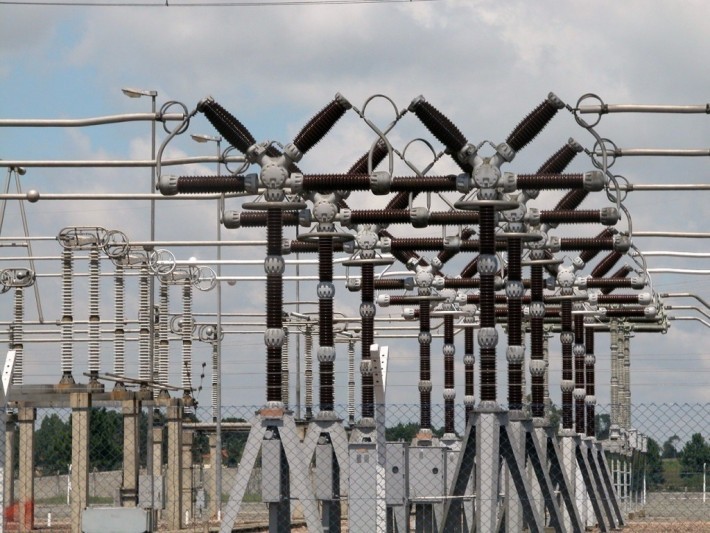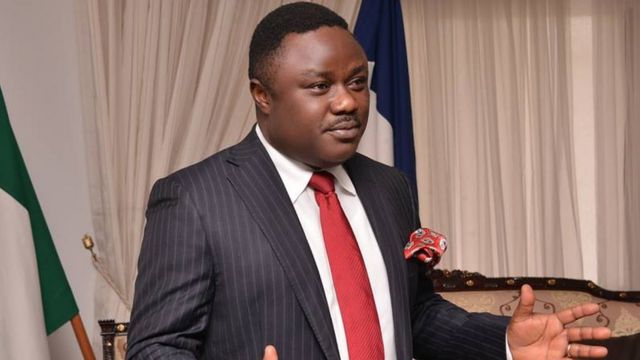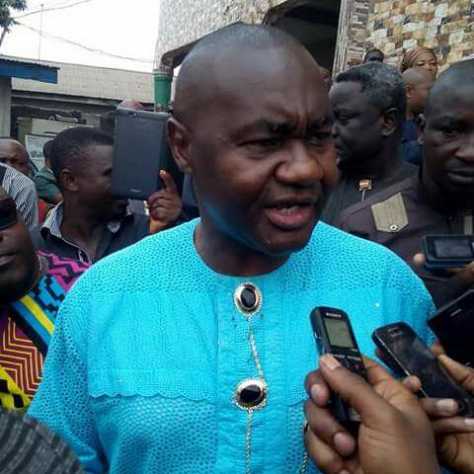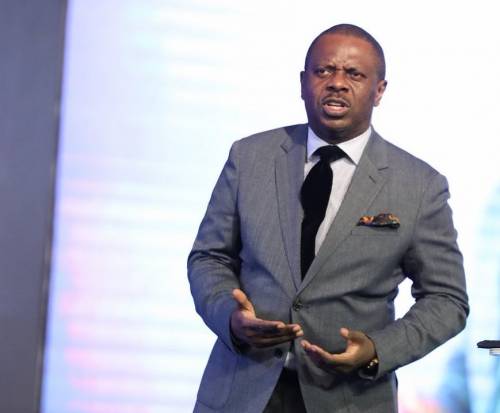As Nigeria races towards the 2023 general election, so is the campaign to drag former President Goodluck Jonathan into the presidential contest that parades a deluge of aspirants.
Dr Jonathan’s jostling would be another “first” in Nigeria. Being the first Vice President to be promoted President through the “Doctrine of Necessity,” no former president had vied for re-election after a period of interval from their first election into the exalted office.
(Dr Nnamdi Azikiwe, ceremonial President in the First Republic, had contested for a substantive chief executive post in the Second Republic, but fell short twice behind Alhaji Shehu Shagari and Chief Obafemi Awolowo, respectively, in 1979 and 1983. Shagari won the presidency in 1979, and was re-elected in 1983)
Jonathan was elected on the platform of the Peoples Democratic Party (PDP) as Deputy Governor (later upgraded to Governor), Governor, Vice President (upgraded to President), and President.
But in the campaign to return to power, he’s reportedly defecting to the All Progressives Congress (APC), whose candidate, retired Gen. Muhammadu Buhari, defeated him in the 2015 polls.
So, if Jonathan secures the APC ticket, and wins the election in February 2023, he’d be hailed as the first “comeback kid” in the contest for the presidency in Nigeria’s convoluted electoral process.
If he fails at the polls, the impact will be devastating. That’s why many Nigerians are worried that Jonathan is about rubbishing his reputation as a beacon of democracy in Nigeria since 2015.
Concerned Nigerians don’t know the kind of “tea leaf” Jonathan is reading – and if reading correctly – regarding the 2023 elections, and his chances of returning to power, as trumpeted by his handlers.
Tea leaf reading or Tasseology, according to simplelooseleaf.com, is the fortune-telling method that uses tea residue on the bottom of the cup to predict what the future will bring to the tea drinker.
The website explains that: “After drinking the tea, the residue on the bottom of the cup forms different shapes or symbols, all with a different meaning and many ways to interpret it. That’s why tea leaf reading is not as easy as it sounds….”
But the Jonathan vocal handlers make his return to The Villa in Abuja looks like a walk in the park if given the APC ticket to square up against the PDP pick as its flagbearer in the crucial contest.
Jonathan’s handlers even predict that if he’s chosen as the “consensus candidate,” with the ticket in tow, most of PDP’s 17 aspirants will forgo their primaries, and defect to the APC.
They refer to Bauchi State Governor Bala Mohammed’s avowal that Jonathan is the only “aspirant” he would shelve his ambition for, without being categorical about Jonathan’s platform for the poll.
Four scenarios. If Jonathan clinches the APC ticket, will Governor Mohammed step down for him even when he has secured the PDP ticket or chosen as running mate to the PDP flagbearer?
Will Mohammed decamp to the APC, or remain in the PDP and “sabotage” the PDP candidate’s poll prospects, such as PDP’s leaders did to Jonathan in 2015, throwing the poll to the APC?
If Jonathan is such a formidable aspirant, why are his promoters angling for an “automatic ticket” for him rather than allow him to test his popularity at the APC primaries to choose its candidate?
What did Jonathan forget at The Villa, or fail to implement in six years as president, from 2010 to 2015, that he desperately needs the APC ticket to retrieve or accomplish in four years?
Recall that critics had labelled Jonathan “clueless” on account of the obvious failings of his administration, particularly in areas of insecurity and permissive and pervasive corruption in the system.
Ironically, Jonathan’s loss at the 2015 elections gave him a soft landing of some sorts due to his novel conceding of defeat despite pressures on him to manipulate the polls, and remain in power.
If Jonathan’s laughed out of government owing to alleged “incompetence,” what lessons, trainings and experiences has he garnered in seven years to bid for a comeback to administer a more complex, complicated and disunited Nigeria than he left it?
Here lie the fears of Jonathan’s real supporters, different from the optimism of his handlers, associates and political jobbers intent on maximising influence and fortunes from his re-election in February.
Two possible prognoses: The propagators of “Jonathan is the new ‘Messiah’ and the right man for the job” want to lead him to a further humiliating defeat at the polls, and destroy his hard-earned reputation and status since leaving office in 2015.
Or they want to use him as a stopgap for a Northern presidency in 2027, by fielding him in 2023 to serve a single term of four years, and then hand over to a Northern president in 2027.
Whether Jonathan wins or loses, the end result is that power would return to the North just four years after President Buhari rounded off an eight-year tenure of two terms of four years each.
Thus, the ultimate aim of Jonathan’s choristers is to prevent the presidency from rotating to Southern Nigeria in full cycle of eight years, as the amended 1999 Constitution of Nigeria guarantees.
The question is: Will Jonathan see the “pleas” for him to return to power for what they really are: A ploy to use him to shortchange Southern Nigeria of the presidency in the 2023 election cycle?
While the jury is still out, the pleas for Jonathan to join the race has received a spiritual backing, with the prediction that, “God has decreed that Jonathan will be President again,” as relayed via Senior Pastor Felix Aluko of the Resurrected Assembly (GROM).
Pastor Aluko’s emphatic that Jonathan will win the 2023 presidency, but only if he runs on the platform of the APC, which’s exactly what Jonathan’s handlers have been trumpeting.
“The Lord has said that his (Jonathan’s) chapter in the PDP has been closed and a new chapter of his political journey has been opened, not in the PDP, but in APC,” Pastor Aluko claims.
“God said that Jonathan should not listen to detractors but should move out from their crowd and follow His counsel. The finger of God is pointing at him to become the Nigerian president come 2023.
“And that can only be fulfilled if he decides to follow the will of God and leave the political party where he is now, and move to the APC… That this is the set time for his return to Aso Rock and he should not let the opportunity slip away from his own hands.
“Jonathan should not dilly-dally for too long on the issue but to take the bull by the horn (sic) by immediately moving into the APC where the key to the fulfilment of his presidential ambition lies.
“That he is the only qualified presidential candidate among other aspirants. He is the person who will unite a country, which has been seriously polarised along religious and ethnic lines… He will be like a compromise candidate who will be accepted generally.”
Will Jonathan fall for the bait? Yes, says Dr Reuben Ababi, former spokesman for Jonathan’s presidency, who posted on his Facebook page that, “Ex President Goodluck Jonathan has accepted to join the APC to pursue his presidential ambition.”
But in a riposte, Pastor Reno Omokri, another former aide to Jonathan, countered Abati’s statement, saying, “At best it is a figment of the imagination of the famous journalist.”
Coming amid these counter-claims is Human Rights Lawyer, Femi Falana (SAN), stating that section 137(3) of the amended 1999 Constitution has barred Jonathan from seeking re-election.
The section provides: “A person who was sworn in to complete the term for which another person was elected as President shall not be elected to such office for more than a single term.”
Jonathan, as vice president, was sworn-in in 2010 to complete the first-term tenure of the late President Umaru Musa Yar’Adua, and thereafter, stood for and was elected president in 2011.
Jonathan’s handlers have labelled Falana’s timely reminder as a misinterpretation of the Constitution, and insisted Jonathan would run. So, it’s Jonathan’s choice between inordinate hunger for power and retaining his sanity, credibility, reputation and global stature.
Mr Ezomon, Journalist and Media Consultant writes from Lagos, Nigeria.
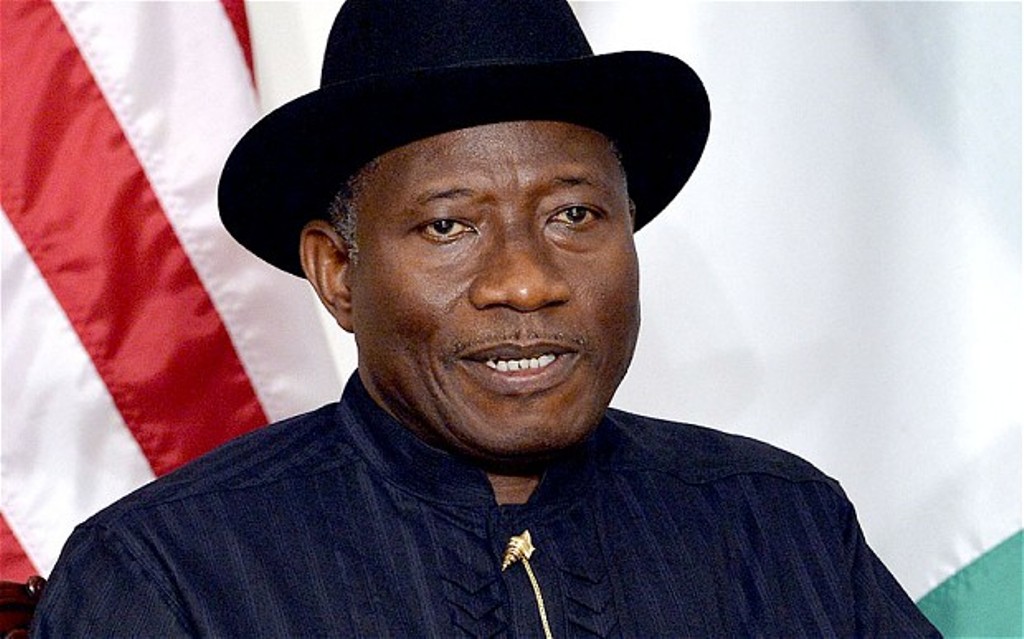

![Pandemic Putin’ power play [3] – By Biola Sobowale](https://thenewsguru.ng/wp-content/uploads/2017/02/delete-13.jpg)
![[Devotional] IN HIS PRESENCE: The power of intentionality](https://thenewsguru.ng/wp-content/uploads/2021/12/Screenshot_20211202-092925.png)
